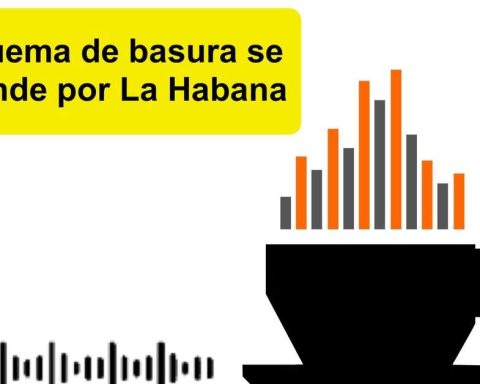The big global technology companies (Big Tech) joined a huge list of corporations that are boycotting Russia as a reprimand for the invasion of Ukraine. To the companies Big Tech, the boycott gives them points from any approach. The big losers are the Russian citizens, who will see their already affected human rights most affected.
In terms of income, the suspension of operations of the Big Tech in Russia it will hardly be reflected in their financial balances. In terms of political capital, the gains will be enormous between politicians and regulators inside and outside of United States. The boycott also works very well for them as an advertising campaign. Rarely do you gain so much by giving so little in return.
The stated goal of state sanctions and corporate boycotts is to stifle the Russian economy, reducing the scope of its public and private companies and cutting into government revenue.
Ultimately, sanctions and boycotts are directed against citizens, I suppose to lead them to starvation and from that position, in a macabre pedagogy of resentment and rebellion, motivate them to use their last strength to somehow overthrow their authoritarian governments and, finally, align their countries to the only possible order: the Western one, that conception of the world that ideologically excludes Russia and China and almost all the countries of the global South (with exceptions such as Australia and New Zealand), including the countries of Latin America (characterized rather in the vagueness and from the irrelevance) and the entire African continent (with the exception, sometimes, of South Africa), despite the fact that it has twenty members of the Commonwealth (because even in clubs there are classes), and that some conjunctural wildcards are allowed, such as Japan and Israel.
Let’s not talk about human rights, because scandalous violations occur systematically in other countries, but these, we must understand, are the collateral damage of gore capitalism or the amoral stimuli of social mobility in extreme neoliberalism. You go to know.
Sanctions against Russia were immediately announced (some have not been initiated, including one of the most important: a ban on transactions with Russia’s largest bank, Sberbank, and its 25 international subsidiaries, which will apply from March 26), the media gave us one of the best images of citizen uncertainty: long lines at Russian banks to withdraw deposits in foreign currency.
The image has no waste for the symbolic representation of economic power.
There are big names in the list of companies: Manzana, Goal (Facebook,Instagram), Alphabet (Google, YouTube), microsoft, Dell, Oracle, amazon, Netflix. The actions against Russia and its citizens are diverse, from the suspension of services (Apple paused the operation of its payment system through Apple Pay phones), Microsoft and SAP suspended new sales (we assume that the services already contracted will continue to be offered without delay ) and Twitter and Youtube official channels were censored in Europe RT (Russia Today) and Sputnik, to prevent the spread of propaganda (Twitter has gone so far as to stigmatize journalists). Take that, Putin.
But let’s be clear: technology companies will lose very little revenue in an economy that is only slightly larger than the Mexican economy. The GDP of Russia (1.65 billion dollars in 2021) is 20% higher than that of Mexico (1.29 billion) and is comparable in size with the GDP of Brazil (1.65 billion) and Australia (1.61 billion) (all data, with IMF projections) .
Let’s take the case of Google: It is estimated that the company’s income in Russia They barely exceed 800 million dollars, which would represent 0.3% of their global turnover in 2021. Now Manzana: about 2,500 million dollars from Russia, 2% of its total global sales of 2021.
the boycott Big Tech it has a lot of political lobbying and corporate propaganda.
Amid the Western cancellation consensus, one exception: libertarian businessman Elon Musk (Tesla, Space X, exPayPal) refused to block internet content through the services he is providing for free with his Starlink satellite system. Musk declared himself a “free speech absolutist.” There is everything in corporate propaganda.
Editor of El Economista online
Economy
Journalist. Since 2010 he edits the digital version of El Economista in Mexico City. Master in Transparency and Protection of Personal Data from the University of Guadalajara. He has a specialization in telecommunications and information technology law. His personal blog is Economicon.
















